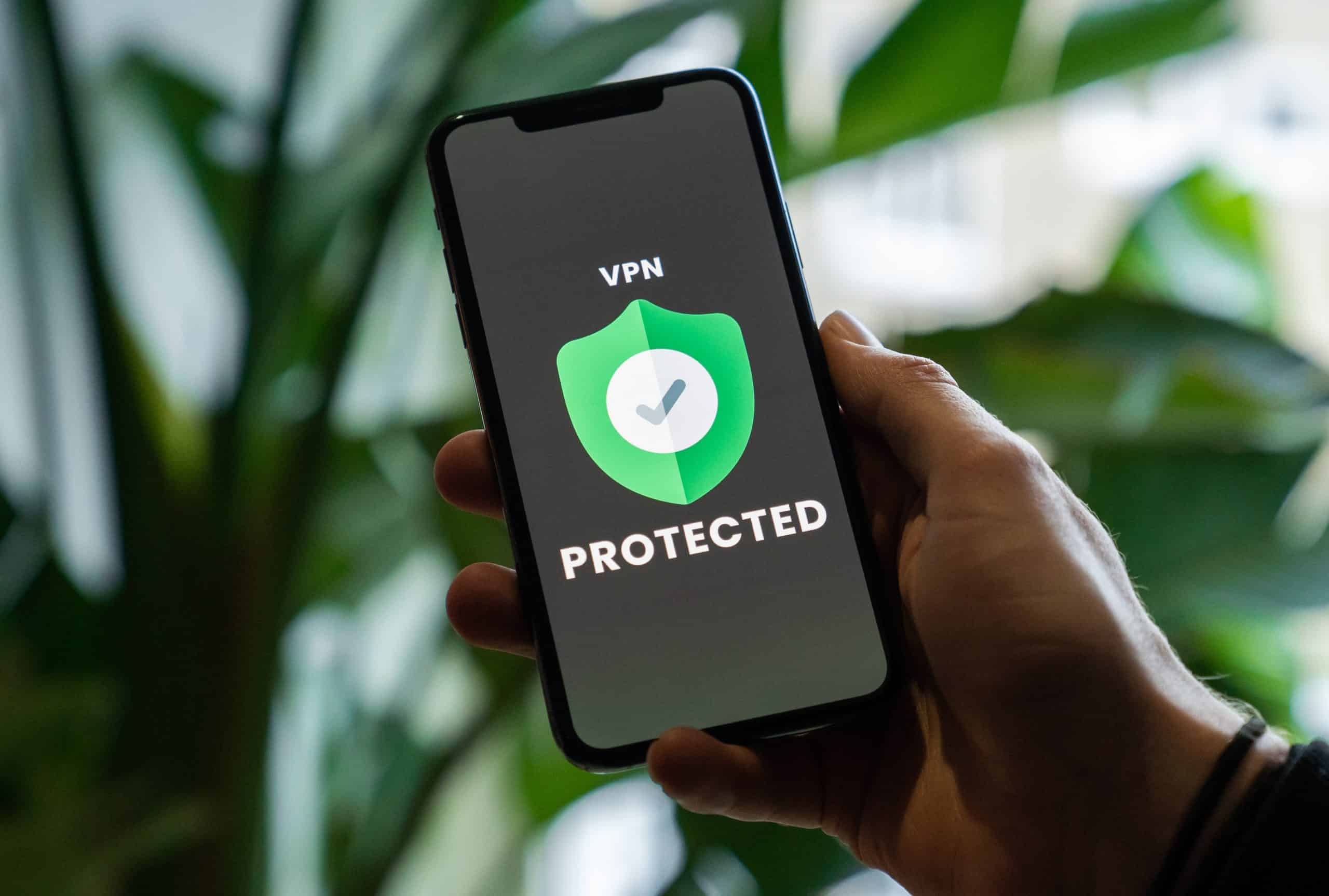What Is VPN
A virtual private network (VPN) is a type of software that enables users to access a secure, private connection over the Internet. It is an essential tool for those who are concerned about their online security and privacy. VPNs can be used to protect data from hackers and other malicious actors, as well as to prevent websites from tracking user activity.
By creating an encrypted “tunnel” between two computers or devices, VPNs allow users to privately browse the internet and securely exchange data regardless of their physical location. To use a VPN, one must first connect to a server located in another country or region, allowing them to hide their IP address and bypass regional restrictions on content availability. Additionally, by connecting through a remote server, users can also enjoy faster speeds than they would otherwise experience with their own internet service provider (ISP).
As I’ve mentioned, a virtual private network is an essential tool for online security and privacy. It allows users to protect their data, change their IP address, and access content available in other countries without being traced. However, there are different types of VPNs that offer various degrees of protection and features, so it’s important to understand which type is best for your needs.
VPN Types

The two most common types of VPNs are remote access VPNs and site-to-site VPNs. Remote access VPNs provide users with a secure connection between their device and the corporate or public network they wish to access. This allows the user to securely connect from any location in the world while still protecting their data from potential hackers. Site-to-site VPNs enable companies to connect multiple sites on a single private network, allowing employees at different locations access to the same resources without compromising security.
The third main type of VPN is called Mobile Virtual Private Network (MVPN). It is a secure internet connection that allows users to access the internet without anyone else seeing their data or activities. It works by creating an encrypted tunnel between a user’s device and the VPN server, allowing for anonymous browsing, as well as access to geo-restricted content.
MVPNs are becoming increasingly popular due to their convenience and security features. Using one can provide users with additional privacy and anonymity while browsing, downloading files, or streaming media content on any mobile device connected to the internet. Additionally, since many ISPs restrict certain websites based on geographical location, using an MVPN will permit access to those sites from anywhere in the world.
Furthermore, it prevents anyone from snooping into your online activities – such as employers tracking what you do during work hours – so you can browse safely and securely without compromising personal data and identity.
Using a Virtual Private Network (VPN) is a great way to keep your data secure and to protect your privacy online. A VPN can be used in many different ways, making it an essential tool for anyone who wants to ensure their safety while using the internet.
Whether you’re browsing the web at home or on a public Wi-Fi network, setting up and using a VPN is easy. You can use a VPN to encrypt your data so that it’s safe from prying eyes, browse websites anonymously so that your activities are hidden from view, and get access to content normally blocked in certain countries. Additionally, if you often use public Wi-Fi networks, setting up and using a VPN will help protect any information you enter into those networks from being stolen by hackers. This can include passwords or credit card numbers if you’re shopping online.
A VPN can also protect you from privacy threats inside your home. Online activity can be tracked when you access a website or start an application online. Companies collect information about you so that they can improve their products, or show you targeted advertising based on your online activity.
Why Do I Need a VPN

A VPN is a must-have today for anyone looking to protect their online activity and data. By creating an encrypted tunnel between the user and the internet, a VPN provides the highest level of privacy and security when connecting to public wifi hotspots or even just browsing the web.
Using one can help protect your data from hackers, ISPs, or anyone else who might try to snoop on your activities. Additionally, it also makes it difficult for websites to track you as you browse different sites – meaning that advertising algorithms cannot target you with ads.
Most VPNs also offer added features such as malicious software blocking and DNS leak protection for enhanced security. VPNs are also useful for accessing blocked websites and services. In some countries and regions, internet censorship is a big problem and users may find themselves unable to access certain sites or content from their home country.
If you are planning on getting one, the most popular choices are NordVPN and ExpressVPN, but you can definitely check out other options as well.
Conclusion
A VPN is a valuable tool to anyone who values their privacy, security and anonymity online. It is an essential component of any digital life, whether you are a casual user or a business professional.
VPNs can help protect your data while browsing the internet, secure your Wi-Fi connection, unblock geo-restricted content and access streaming services without worrying about your activity being monitored.